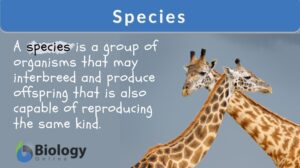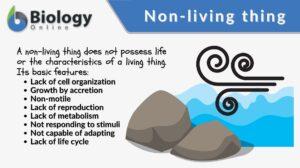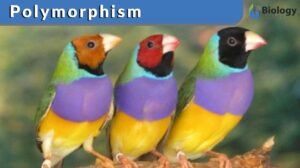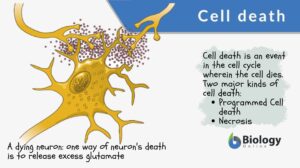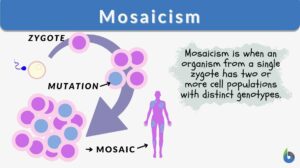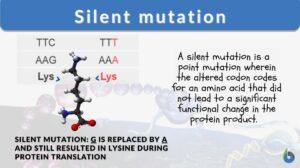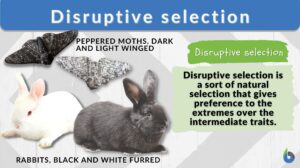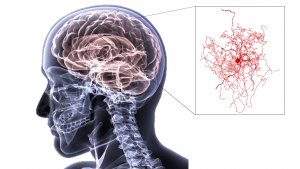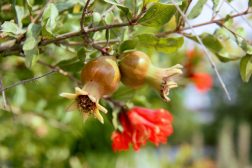Search Results for: kind
Parasitism
Organisms depend on different sources of food to survive. Larger organisms like plants make their own food (autotrophs) and... Read More
Homogenous
What is homogenous? What does homogenous mean? The word homogenous has been derived from two Greek words that are... Read More
Decomposer
Decomposer Definition The organisms that carry out the process of decay or breakdown of the dead organism are known as... Read More
Dense irregular connective tissue
Dense Irregular Connective Tissue Definition Dense irregular connective tissue is one of the two major types of dense... Read More
Non-living thing
Non-living Thing Definition A non-living thing in biology means any form without a life, such as an inanimate body or... Read More
Polymorphism
Polymorphism Definition The occurrence of two or more different forms or morphs in the population of a species is referred... Read More
Plant Metabolism
Introduction Plants are responsible for incredible feats of molecular transformation. The processes are always being... Read More
Cell differentiation
Cells are often described as the building blocks of life as they are the smallest unit used to build up organisms. Cells can... Read More
Degenerate
Degenerate means to become worse or less of its kind or former state. In biology, it means an entity performs the same... Read More
Cell death
Cell Death Definition Cell death refers to the event that leads to the death of a cell. The process entails the breaking... Read More
Book lungs
Book Lungs Definition Lungs are known as the organs that help organisms breathe. When we think of lungs, we think of the... Read More
Ecological succession
Definition noun (ecology) The progressive succession of a community or group of species in an ecosystem over... Read More
Silent mutation
A mutation is a change in the nucleotide sequence of a gene or a chromosome. When there is only one nucleotide involved, it... Read More
Gene transfer
Definition noun, plural: gene transfers The transfer of genes between organisms Supplement Gene transfer pertains to the... Read More
Disruptive Selection
An evolutionary process known as disruptive selection (or disruptive natural selection) causes a population to become... Read More
Proportion
proportion 1. The relation or adaptation of one portion to another, or to the whole, as respect magnitude, quantity, or... Read More
Dead Man Walking
Dead Man Walking: Wade Davis and the Secret of the Zombie Poison By Patrick D. Hahn Accepted on September 4, 2007 Twenty... Read More
Newly identified human brain neuron may have unique genetic signature
Dubbed as "rosehip neuron", a new brain neuron recently discovered is unique based on its morphology and the set of genes it... Read More
Fruits, Flowers, and Seeds
Flowering plants grow in a wide variety of habitats and environments. They can go from germination of a seed to a mature... Read More

